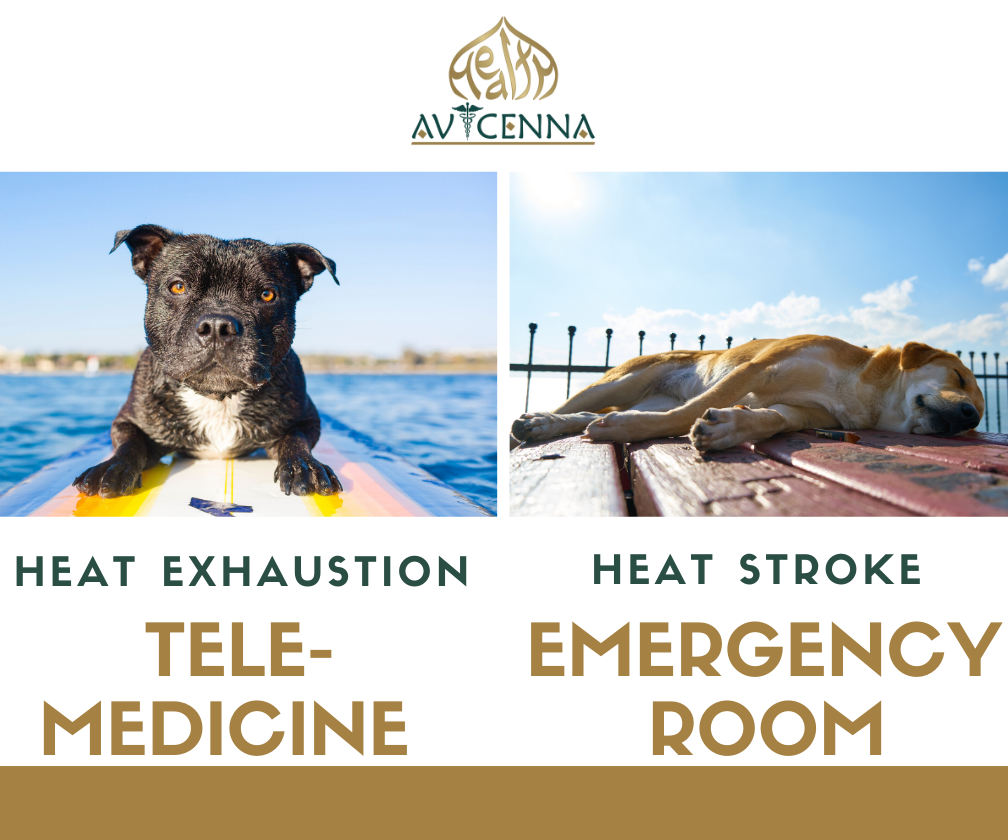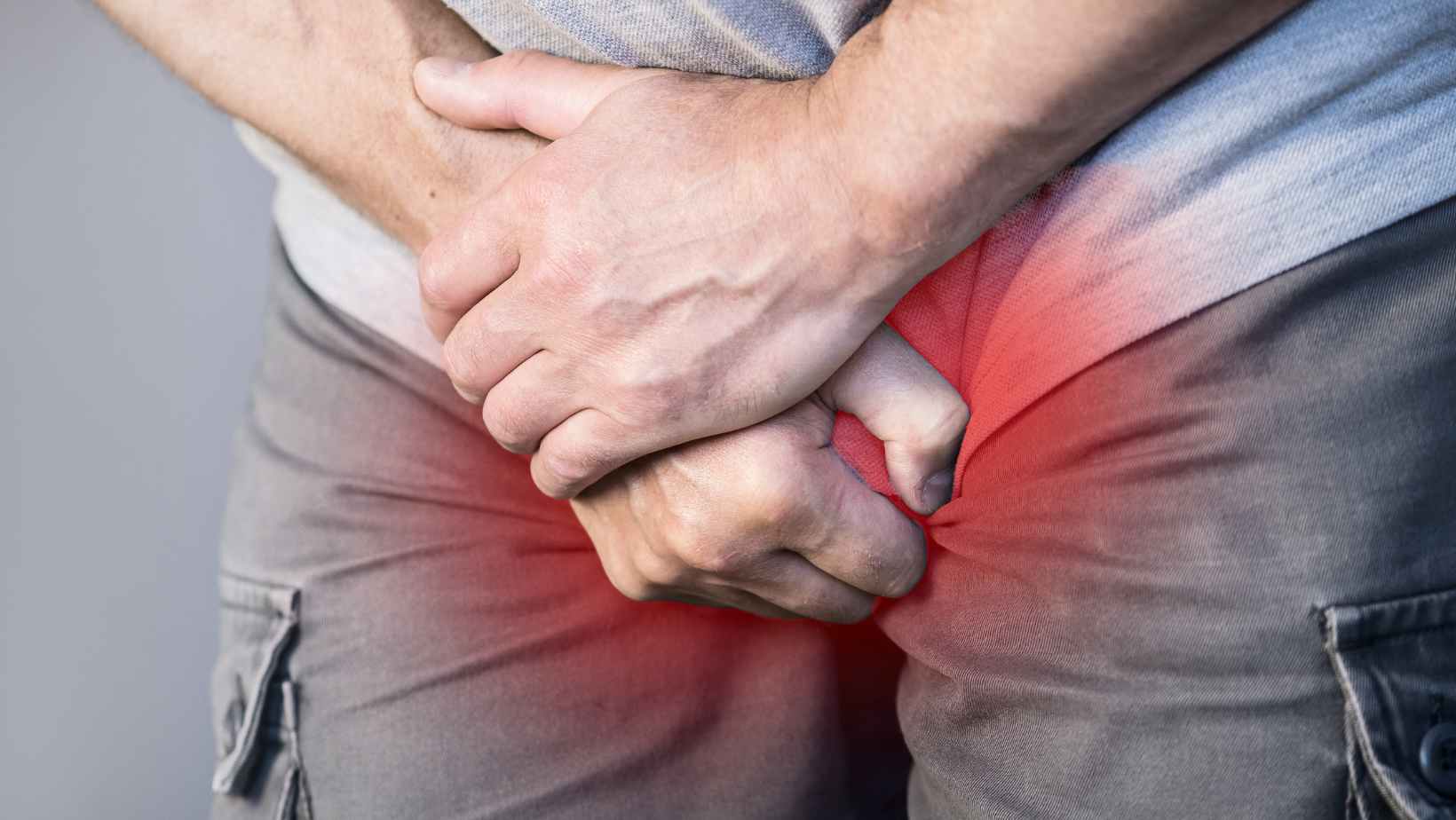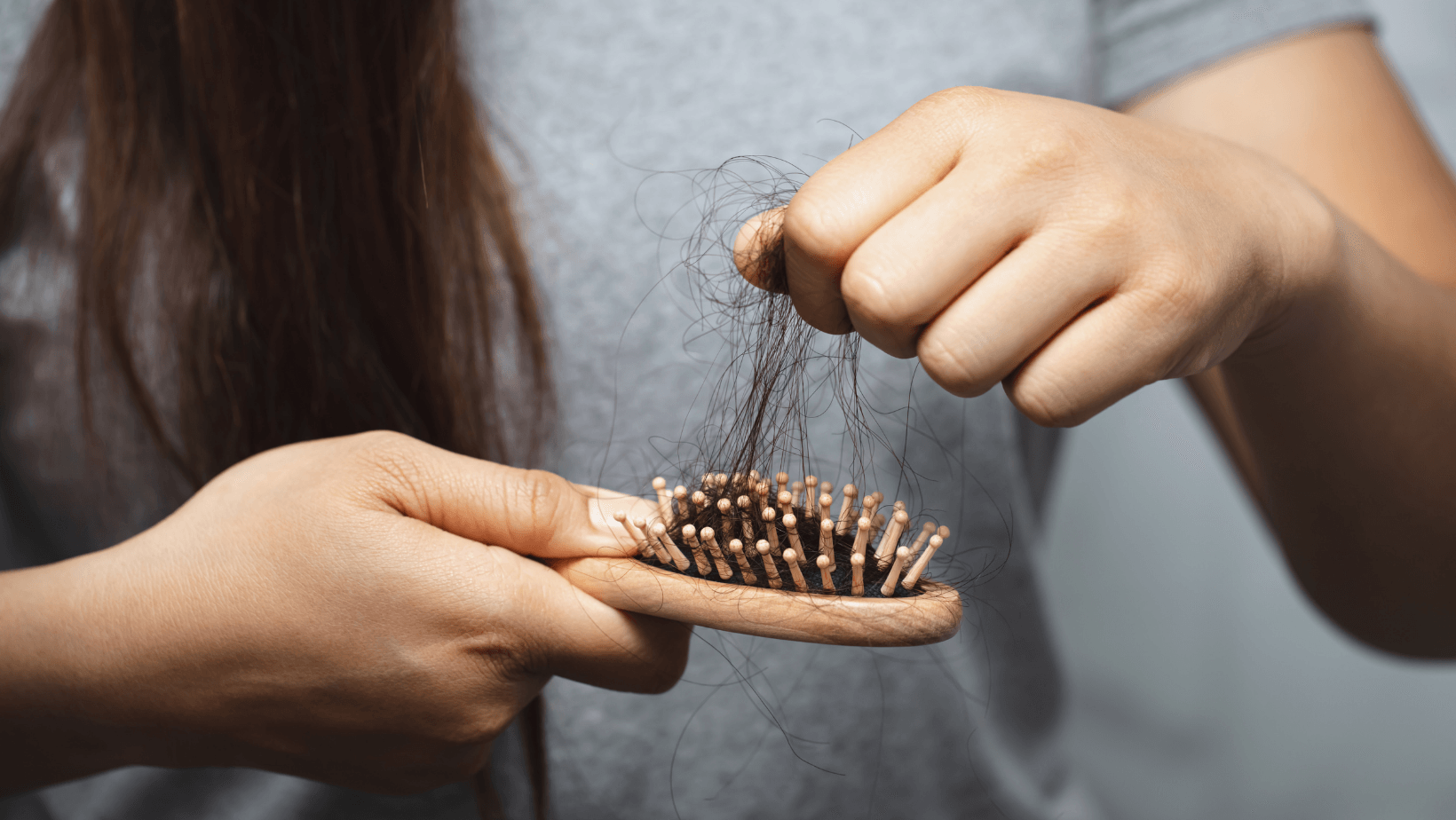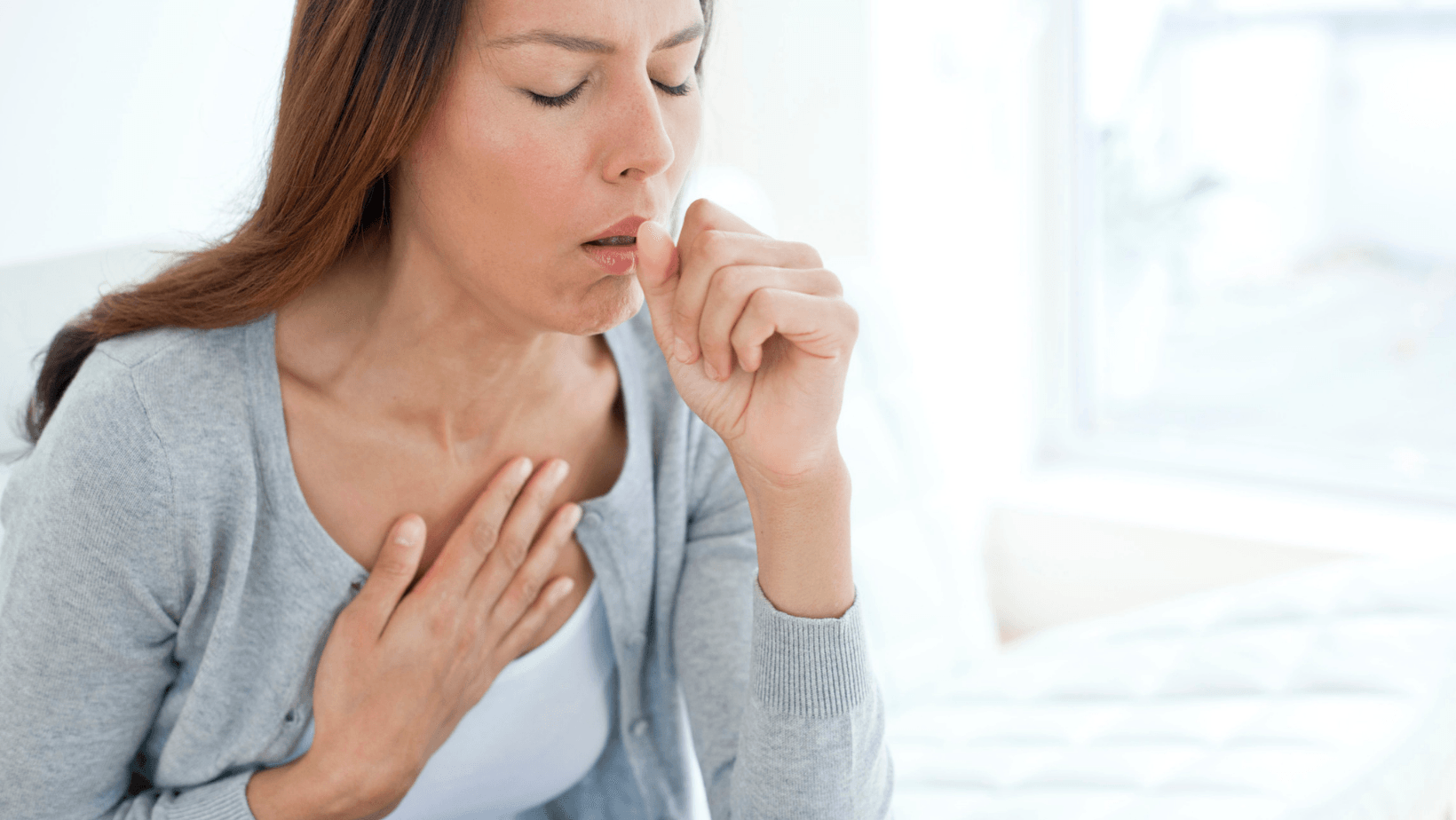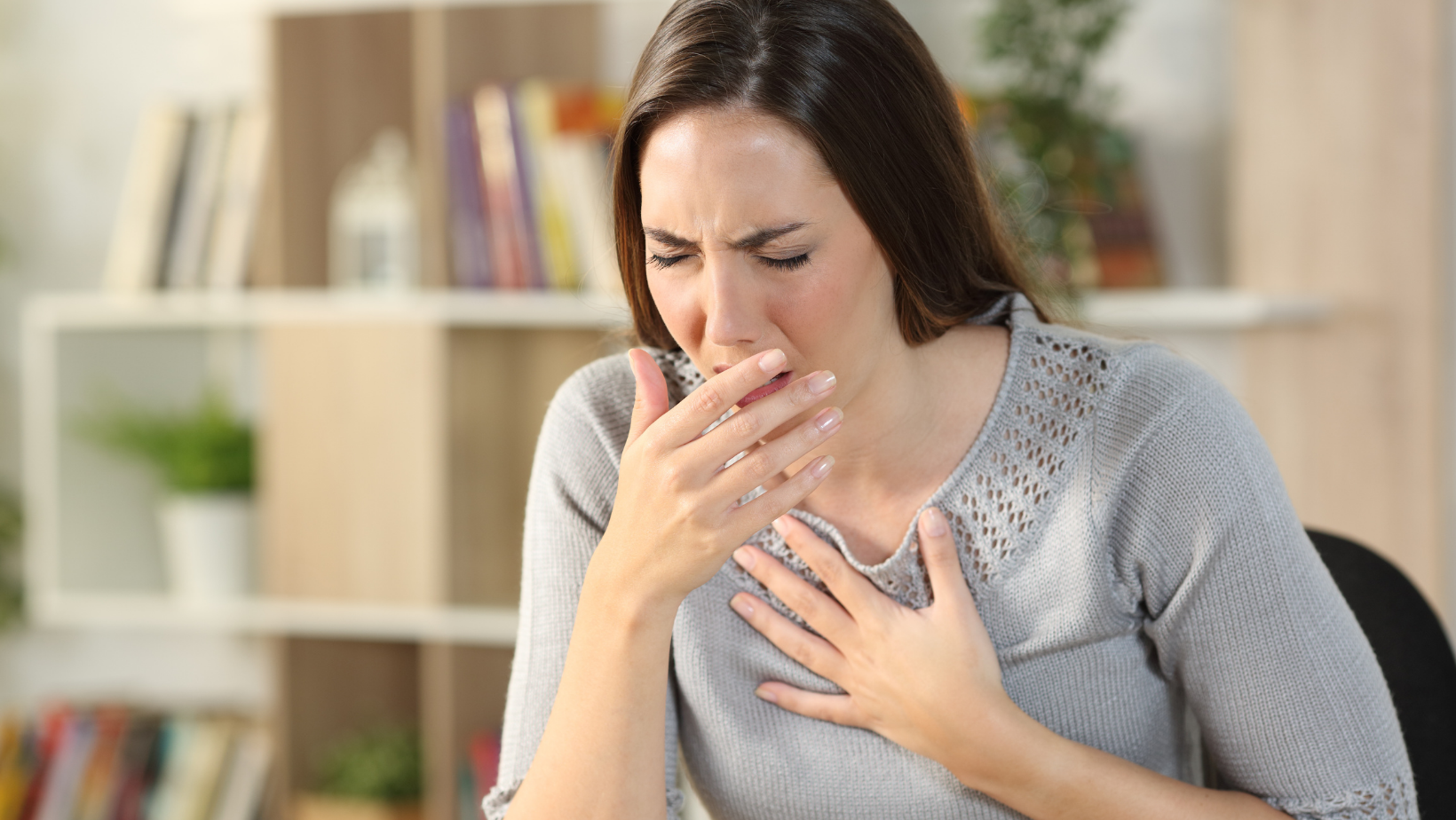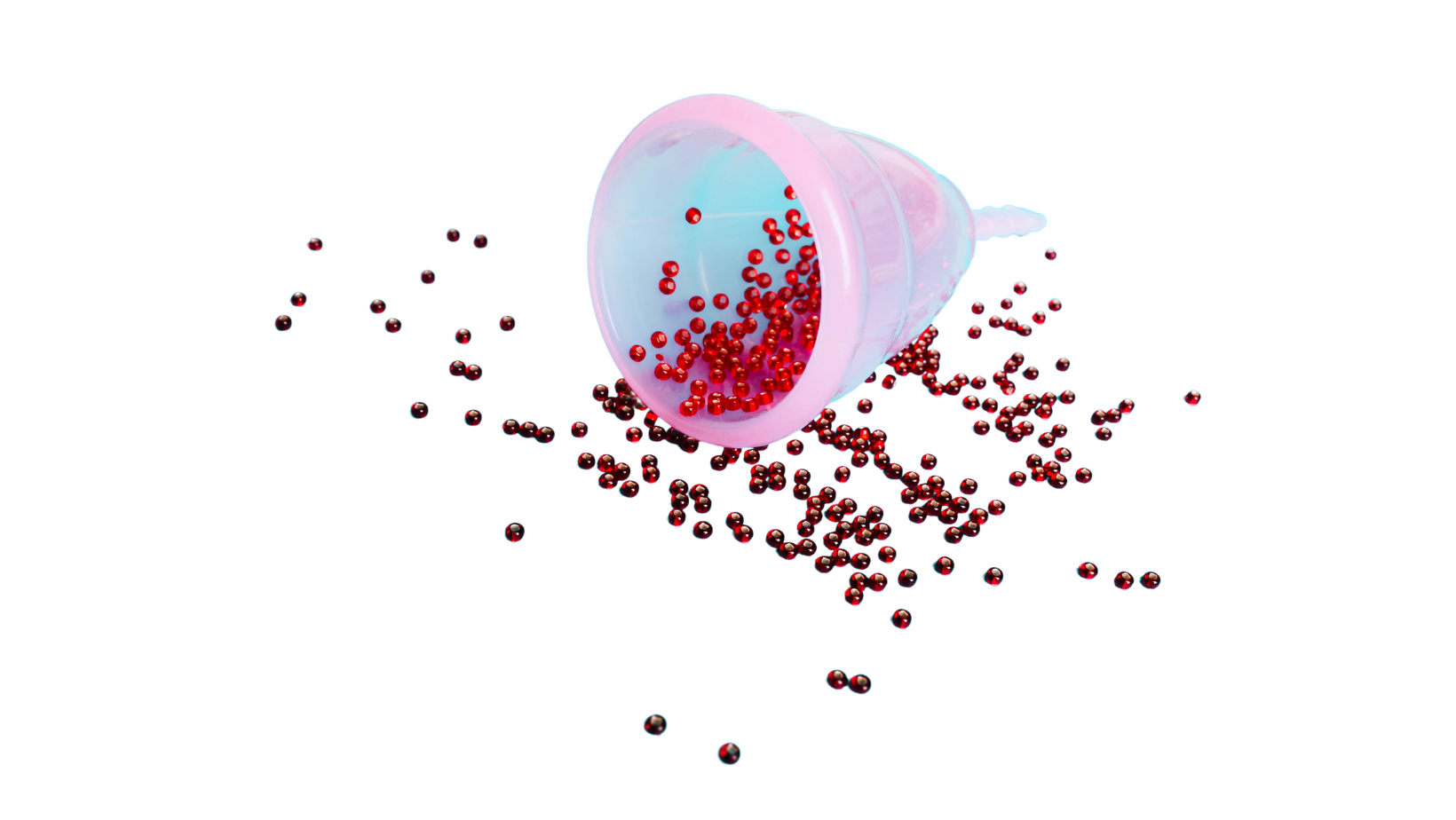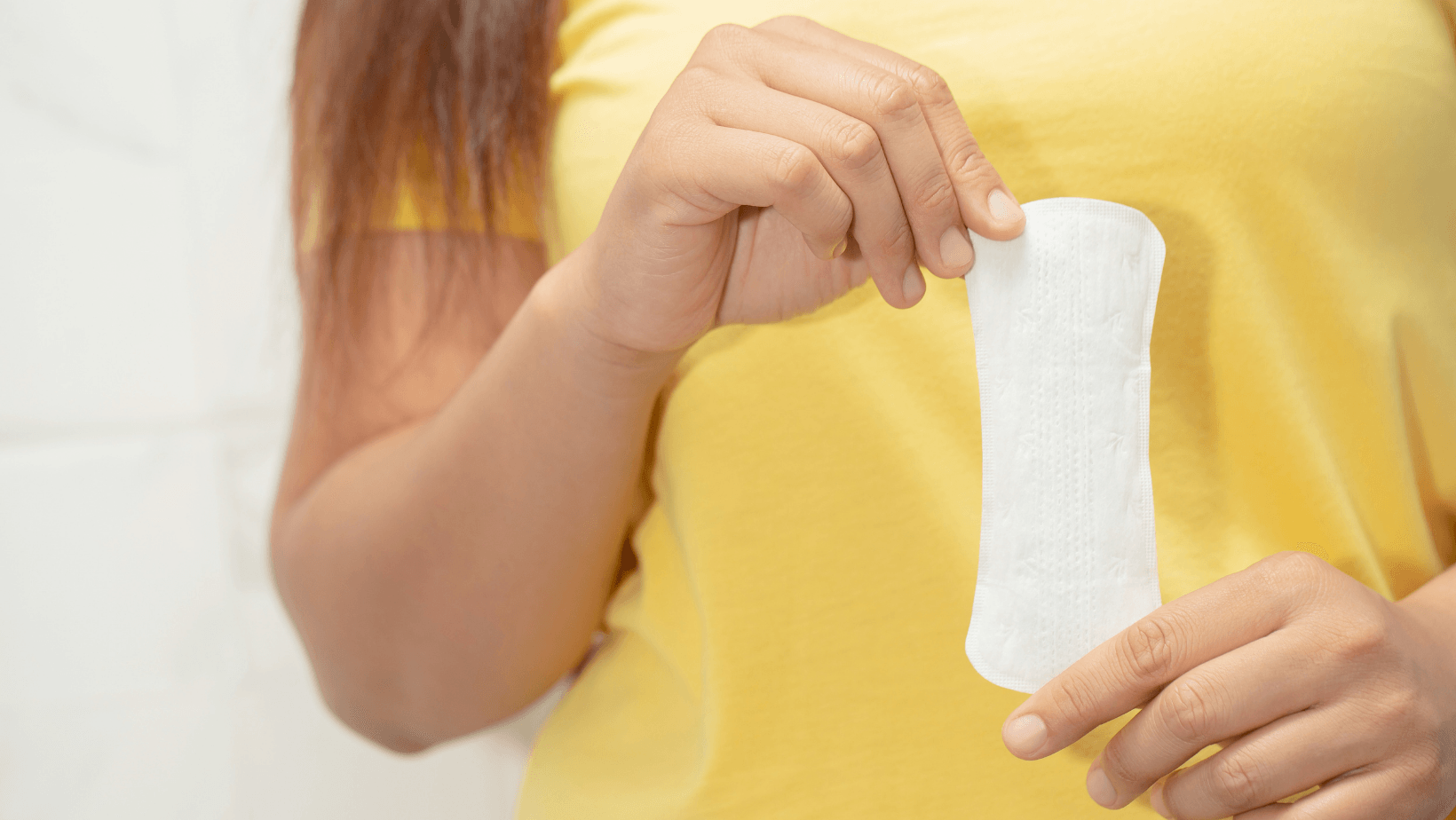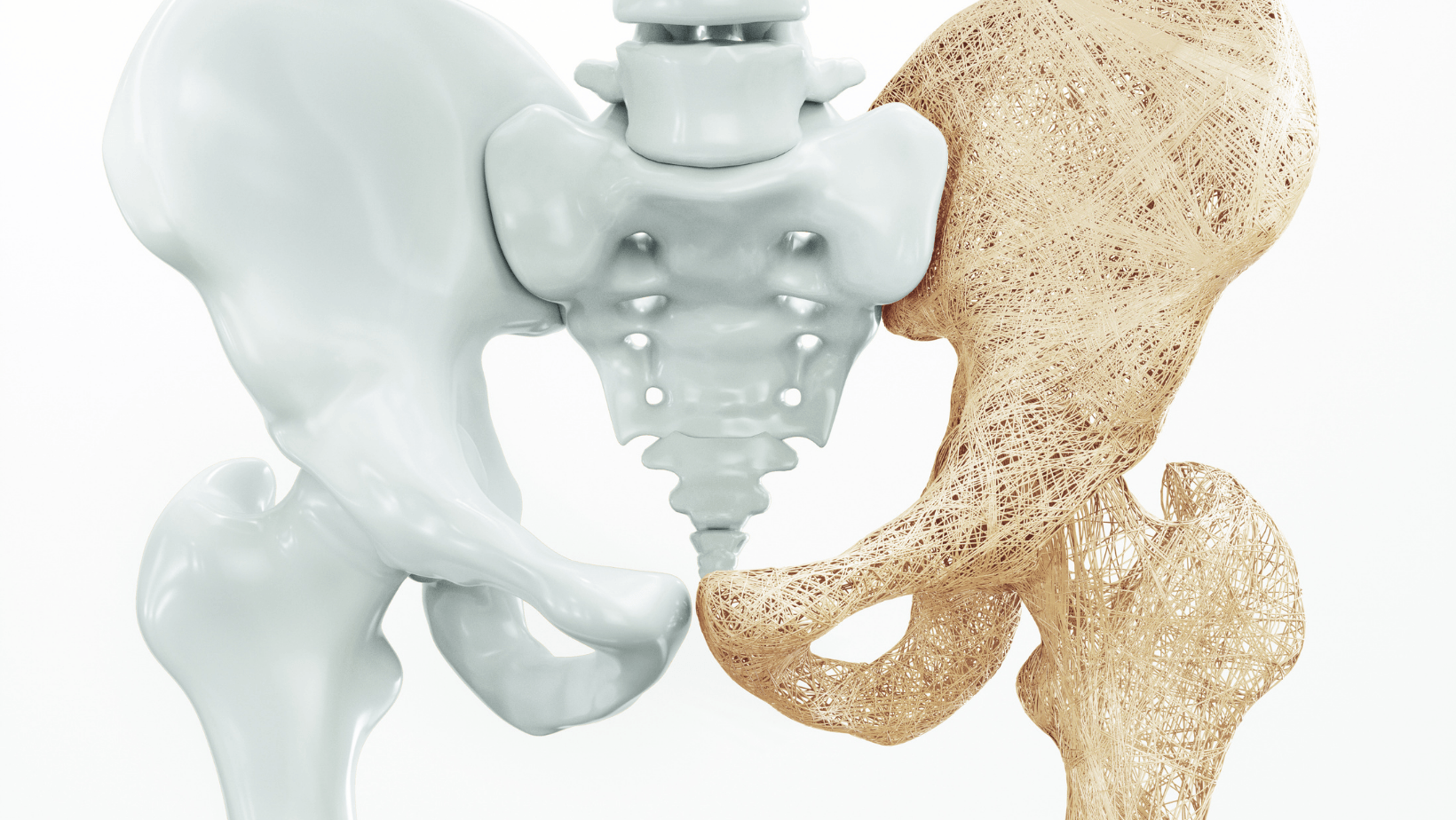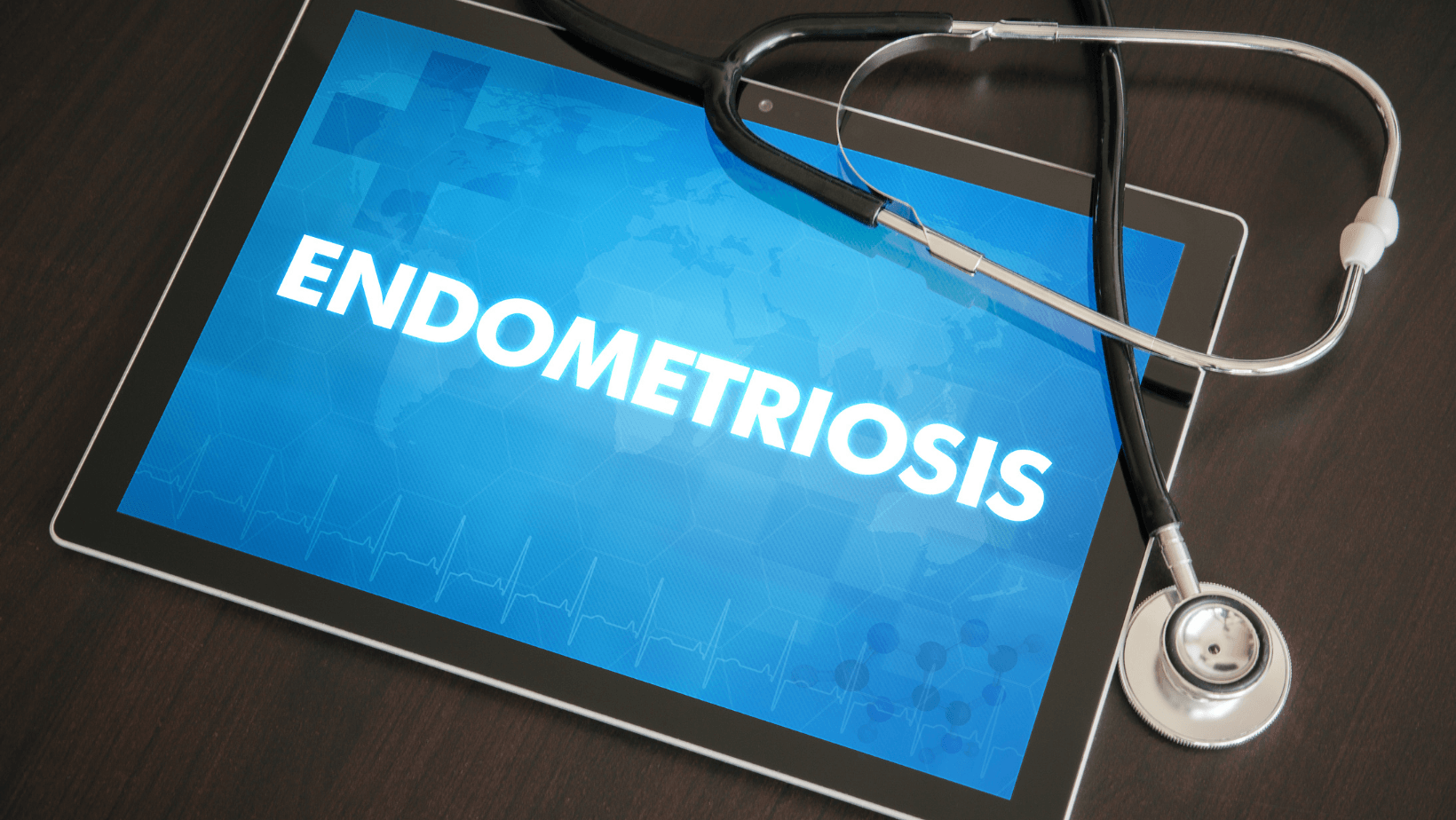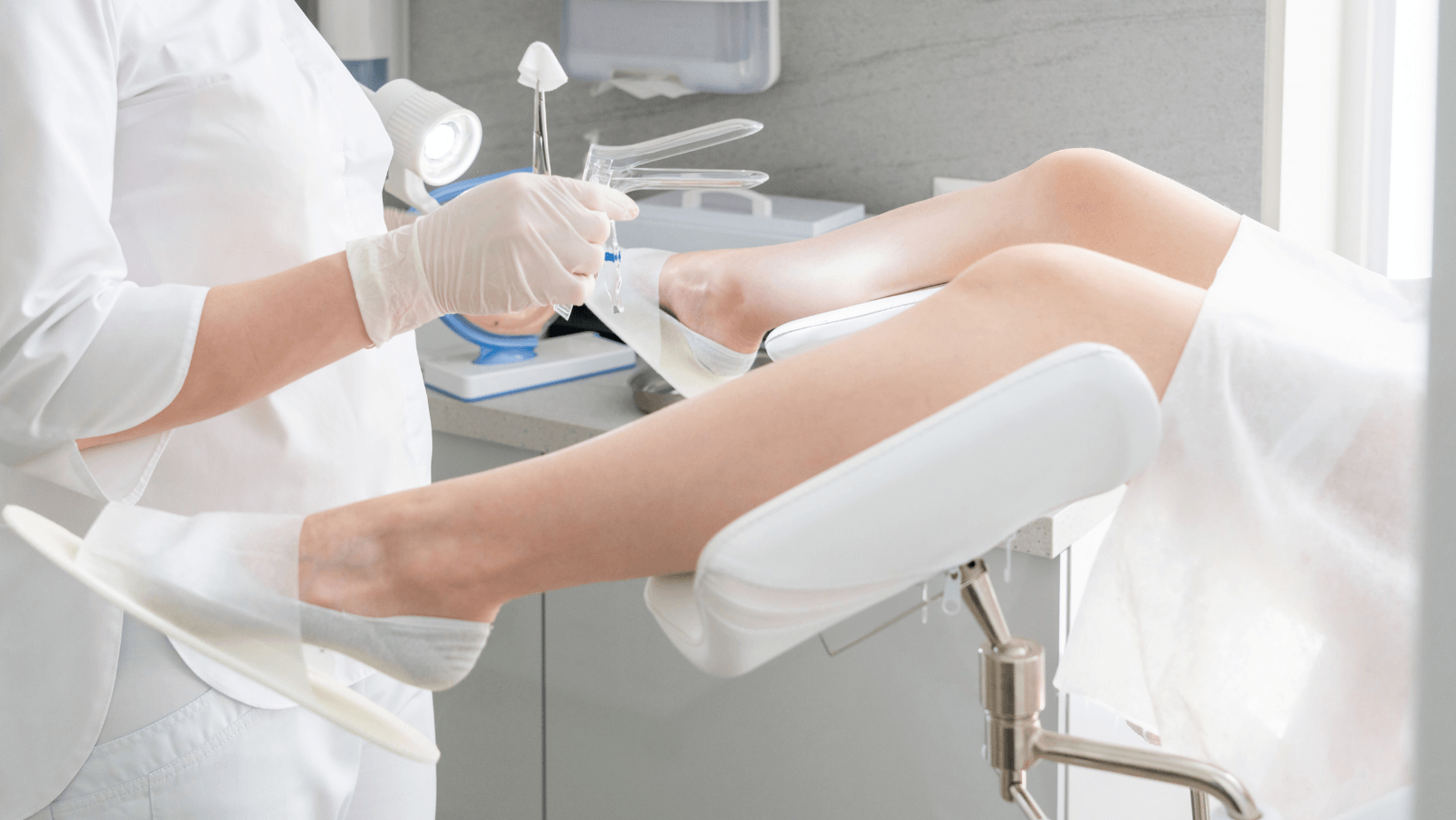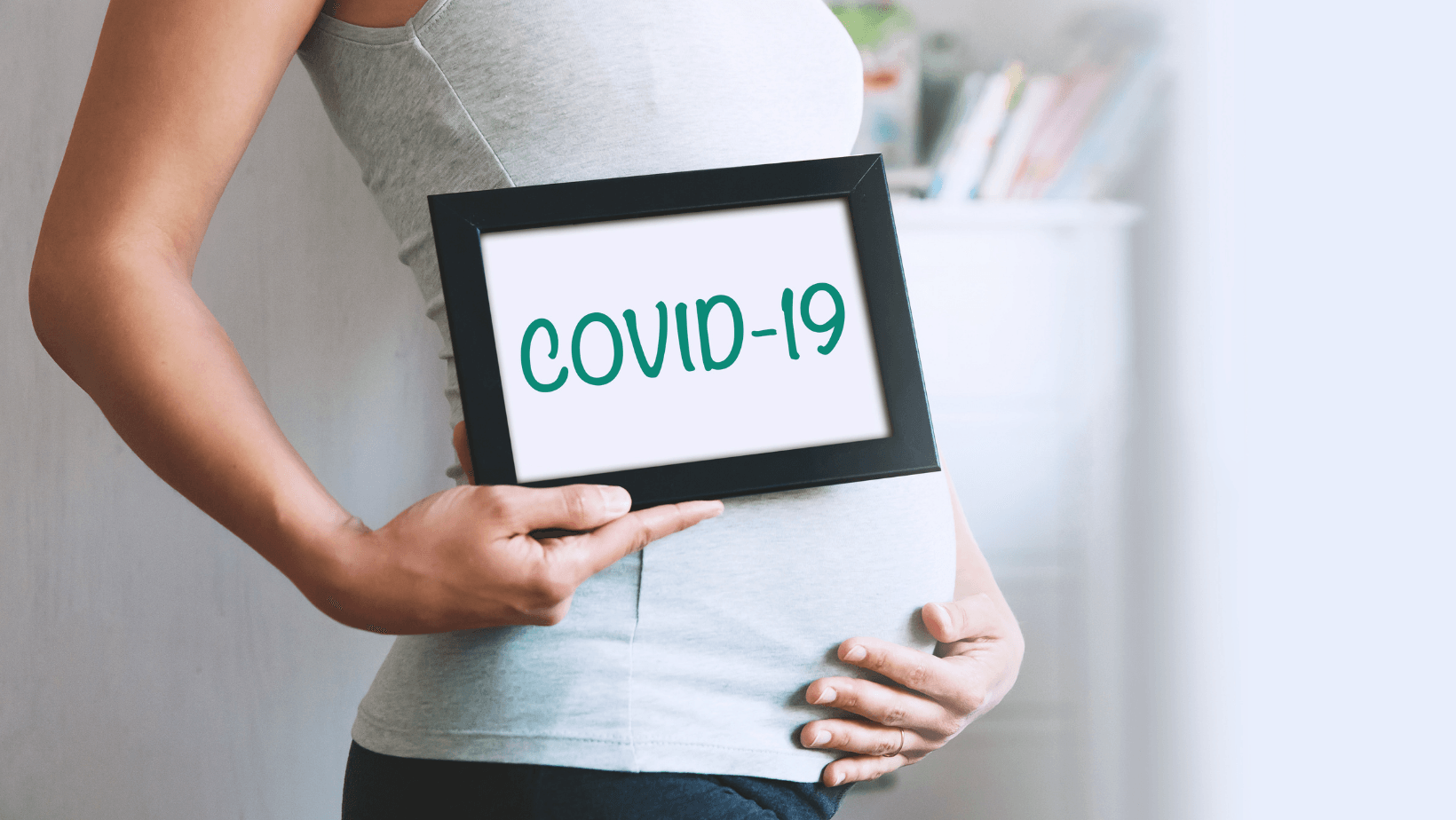Mild heat exhaustion may sometimes cause fainting. But it doesn't cause a change in your mental alertness and usually can be treated at home. Moderate to severe heat exhaustion can sometimes lead to heatstroke, which requires emergency treatment.
Classic heatstroke can develop without exertion when a person is exposed to a hot environment and the body is unable to cool itself effectively. In this type of heatstroke, the body's ability to sweat and transfer the heat to the environment is reduced. A person with heatstroke may stop sweating. Classic heatstroke may develop over several days. Babies, older adults, and people with chronic health problems have the greatest risk of this type of heatstroke.
Exertional heatstroke may develop when a person is working or exercising in a hot environment. A person with heatstroke from exertion may sweat profusely, but the body still produces more heat than it can lose. This causes the body's temperature to rise to high levels.
Heatstroke occurs when the body fails to regulate its own temperature, and body temperature continues to rise. Heatstroke can lead to problems with many different organs and can be life-threatening. Symptoms of heatstroke include:
• Unconsciousness for longer than a few seconds.
• Confusion, severe restlessness, or anxiety.
• Convulsion (seizure).
• Symptoms of moderate to severe difficulty breathing.
• Fast heart rate.
• Sweating that may be heavy or may have stopped.
• Skin that may be red, hot, and dry, even in the armpits.
• Nausea and vomiting.
To prevent heat exhaustion
• Drink plenty of fluids, enough so that your urine is light yellow or clear like water. If you have kidney, heart, or liver disease and have to limit fluids, talk with your doctor before you increase the amount of fluids you drink.
• Drink plenty of water before, during, and after you are active. This is very important when it is hot out and when you do intense exercise.
• During hot weather, wear light-colored clothing that fits loosely and a hat with a brim to reflect the sun.
• Limit or avoid strenuous activity during hot or humid weather, especially during the hottest part of the day (10 a.m. to 4 p.m.). Heat exhaustion and heatstroke usually develop when you are working or exercising in hot weather. Humidity makes hot weather even more dangerous.
• Cars can get very hot inside. Open the windows or turn on the air conditioning before you get in and close the doors.
• Try to stay cool during hot weather. If your home is not air-conditioned, seek an air-conditioned place. That could be in the library, a neighborhood café, or a friend's home. Spray yourself with a cool mist. Take a cool shower, bath, or sponge bath.
How can you care for yourself at home?
• Reduce your activities and get plenty of rest. Your doctor will give you instructions on when you can resume your normal schedule.
• Stay in a cool room for at least the next 24 hours.
• Drink rehydration drinks, juices, and water to replace fluids. Drinks such as sports drinks that contain electrolytes work best, because they have salt and minerals. You need salt and minerals as well as water. You are drinking enough fluids when your urine is normal in color (light yellow or clear), and you are urinating every 2 to 4 hours. If you have kidney, heart, or liver disease and have to limit fluids or salt, talk with your doctor before you increase your fluid or salt intake.
• Avoid drinks that have caffeine or alcohol.
